
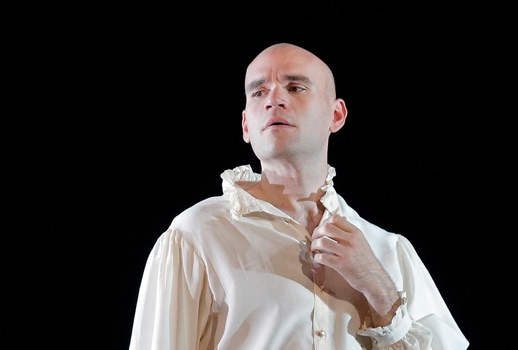
Don Carlo always brings out the version fetishists, so I suspect I should come out swinging and announce that the San Francisco Opera is presenting the 1866 five-act Modena Don Carlo, no “s”, with negligible cuts, before mentioning that the current production, for all it is well staffed, is something of a slog. Me, I have always loved the hacked-to-bits opera recordings from La Scala in the 50s and can say (right before you stop reading in outrage) that four acts would still be a perfectly splendid amount of Don Carlo, even with these singers.
Michael Fabiano is really the headliner here, in that (if one’s hunch is correct), he won’t be singing here much more. He’s not on the roster next season and the Met seems to be onto him. If I’m right, it’s a shame to have him go out on this particular note: it’s not that his singing is diminished in any way; it is rather that Don Carlo is the least interesting role in Don Carlo, musically and dramatically. His work here is impeccable, but it’s a lacklustre showcase for his prodigious talent. Here and there were pleasures and places to show off, as in the Corellian B natural Fabiano hurled at Daddy Dearest in the auto-da-fe, but the thrill of last season’s Boheme wasn’t to be had.
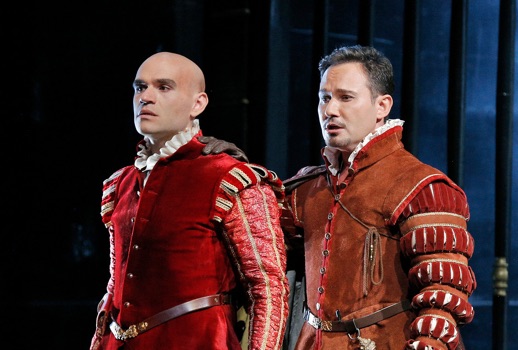
Ana Maria Martinez, announced months ago in substitution for the lately elusive Krasimira Stoyanova, made of Elisabetta a fine-grained portrait. Her floated acuti are something of a marvel not only on account of their beauty or their security, but because she doesn’t jerk the musical line around with them, so they never sound like a party trick. “Non pianger” can go for nothing; here it was poignant and detailed. The fifth act aria lacked only a little weight to rival the interpretations we all return to. This is a role debut for the soprano, as it is for Fabiano, and it bodes well not only for further essays, but for her promise in Verdi more generally.
Martinez, it should be said, was not aided by Maestro Luisotti at this particular matinee. His was not the most singer-friendly reading nor, I’m going to say, the most audience-friendly. Some combination of his gravitation toward the ponderous side of the score, Emilio Sagi’s relentlessly dreary production, and the unusually high temperature in the house made it seem that someone had discovered the nine-act version of Don Carlo. (Me, I’d still be open to the two-act edition.)

Company administration should be commended for a much-appreciated (if not universally observed) moment of silence before the production for the victims of Sunday’s massacre in Orlando. On such days, entertainment can feel frivolous, and it was a fine moment to remember that art is our only true respite from such things.
Photos ©Cory Weaver/San Francisco Opera















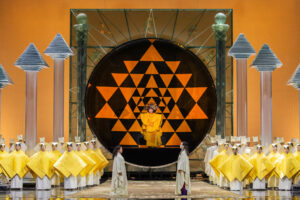
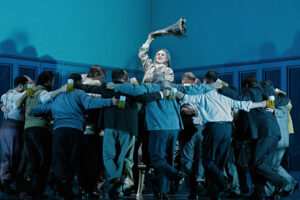
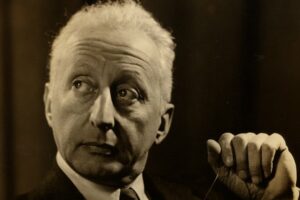
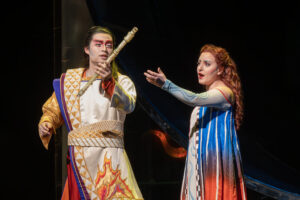
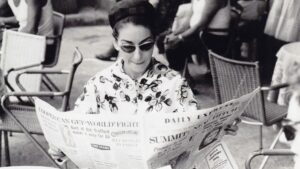





Comments